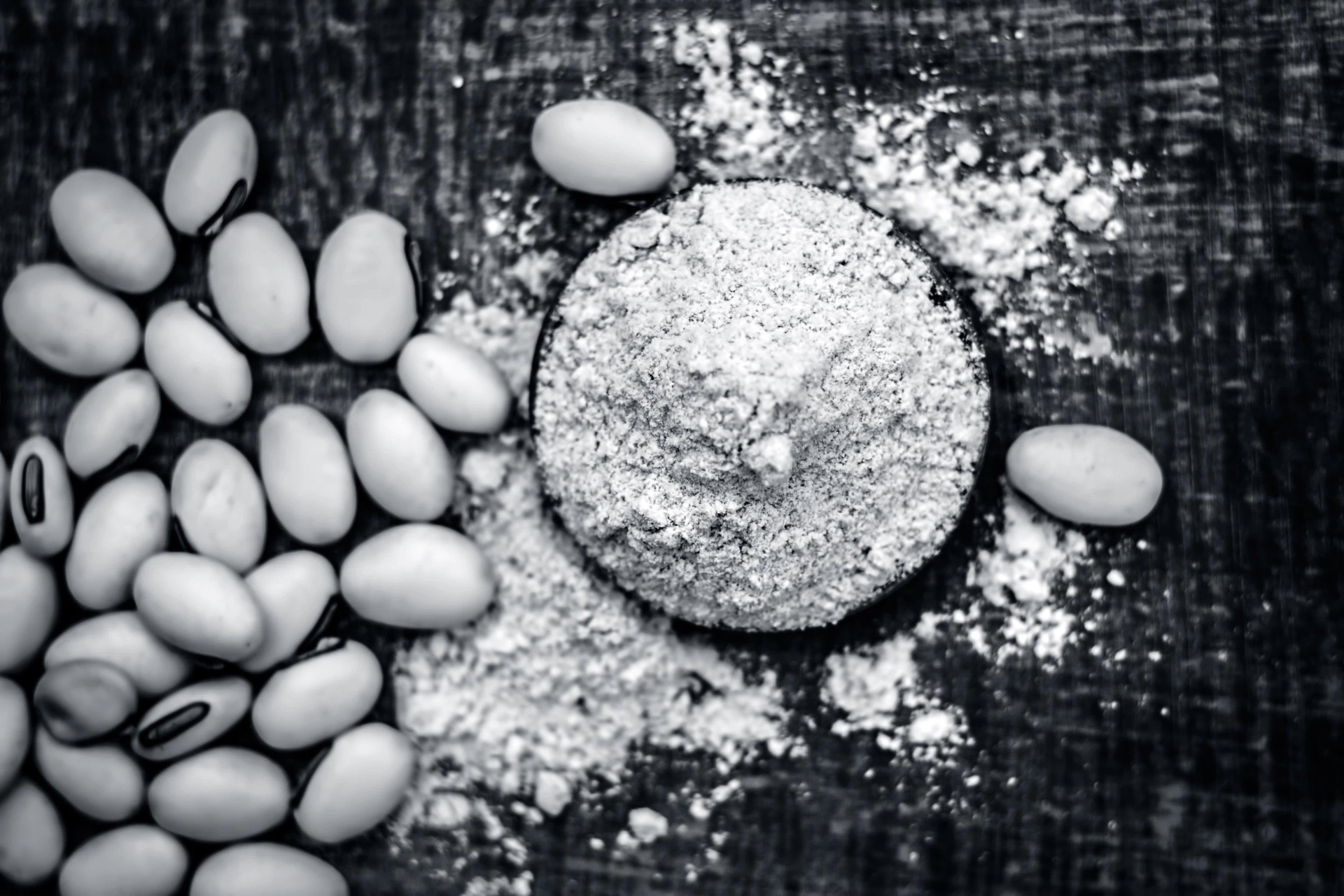A new research letter published in the journal JAMA Neurology has reported some dietary supplements can contain extraordinarily high levels of a molecule called levodopa, which is often used in drug treatments for Parkinson’s disease. The research found volumes of levodopa in some supplements dramatically vary from nearly nothing to, in some instances, higher levels than commonly prescribed in pharmaceutical formulations.
Levodopa, aka l-DOPA, is an amino acid that serves as a natural precursor to a variety of different neurotransmitters, including dopamine. One of the most exciting medical discoveries of the 20th century was the finding that levodopa can effectively help improve motor symptoms of patients suffering from Parkinson’s disease.
In the context of Parkinson’s disease, levodopa therapy is combined with another enzyme called carbidopa. This novel combination of molecules improves the ability for levodopa to cross the blood-brain barrier, and reduces some unpleasant systemic side effects that can accompany taking levodopa alone.
Being a naturally-occurring amino acid, levodopa can also be found in a number of plants and herbs. One especially potent source is a bean called Mucuna pruriens. The seeds of this plant can contain anywhere from 3% to 6% levodopa, so it has often been sold as a natural dopamine-boosting dietary supplement.
A recent study revealed nearly one in 10 patients with Parkinson’s disease take Mucuna pruriens dietary supplements. So this new research set out to try and quantify exactly how much levodopa tends to be in these unregulated dietary supplements.
Sixteen Mucuna pruriens dietary supplements were analyzed, which the researchers report contained widely varying levodopa levels. One product contained no detectable amount of levodopa, while the others ranged from 2 mg per dose to a stunning 241 mg.
In general, the volumes of levodopa found in the supplements were often significantly greater than the amounts listed on the label. According to lead author Pieter Cohen, the highest volumes of levodopa detected were more than what is usually prescribed to Parkinson’s disease patients.
"Some supplements contained more than twice as much levodopa than found in many prescription-only formulations," Cohen said in an interview with UPI. "For me, these products are no different than pharmaceutical drugs, except for a very important difference: that they are inaccurately labeled and neither the consumer nor their doctor know how much of the medication they are actually putting into their body."
It’s important to note that because these dietary supplements do not contain the other compounds added to prescription formulations of levodopa, the pharmacological effects cannot be directly compared. So, dose for dose, these dietary supplements cannot replace prescription levodopa, but considering many Parkinson’s patients are suspected of using these natural supplements in combination with other treatments it means their ultimate dosage levels become dramatically unpredictable.
The researchers indicate they will be forwarding their findings to the US Food and Drug Administration (FDA). Current laws in the United States mean producers of dietary supplements do not need approval or authorization before bringing a product to the market, however, the FDA does have regulatory authority to review currently available products to make sure they are safe and accurately labeled.
Speaking to UPI, Cohen questioned exactly how such high levels of levodopa ultimately ended up in these dietary supplements. He said the quantities far exceed what can naturally be found in the plant source so it is probable some manufacturers may be artificially enhancing the potency of these supplements.
"Do we think the manufacturers took kilograms of beans and then isolated the levodopa? Or do we think the manufacturers purchased mass-produced levodopa as a chemical from a factory and poured it into the supplement? I would imagine that the second approach would be more economical so would seem to be more likely," Cohen speculated to UPI.
This is not the first study to investigate levels of levodopa in Mucuna pruriens dietary supplements. A 2018 study looked at six commercial supplements and found not one product contained the exact amount of levodopa listed on its label. One product contained 141% more levodopa than claimed on its label, meaning some of its users could have been consuming up to 720 mg of levodopa.
The new research suggests Parkinson’s disease patients should be cautious about taking these supplements due to the inconsistencies in the labeled dosages. And doctors are also urged to ask about any supplements their Parkinson’s patients may be consuming in order to track their levodopa consumption.
The new study was published in the journal JAMA Neurology.





